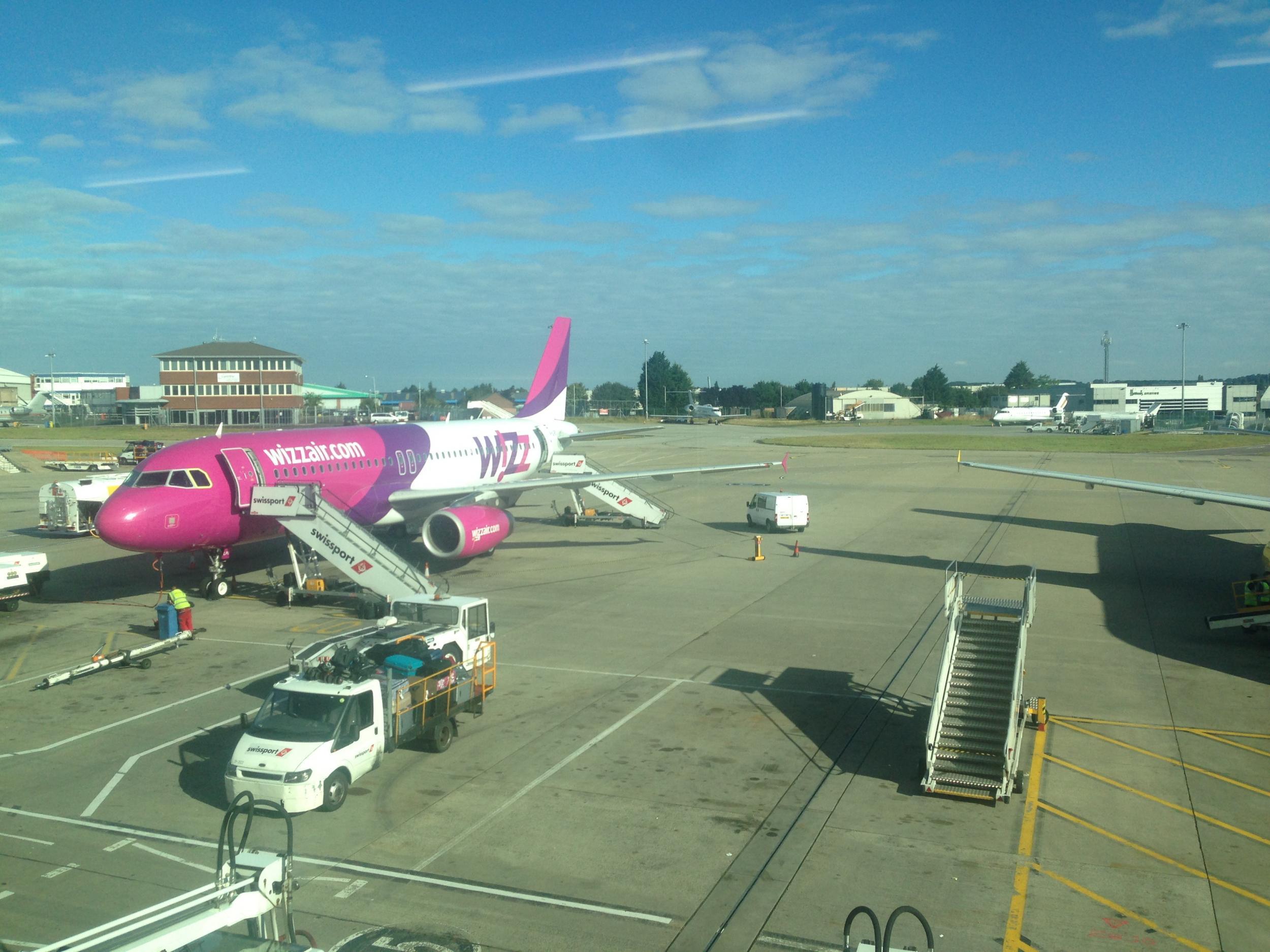We complain so much about flying, but shouldn’t we just be grateful when it works?
Plane Talk: Delays and cancellations aside, shouldn’t we just be grateful when flying works?

Picture the scene: a lively Wednesday morning at Scotland’s busiest airport, Edinburgh. The power suddenly goes off. All the check-in systems fail, the security checkpoints lose the electricity on which they depend to process and assess passengers and their possessions.
Planes are still able to land, but arriving passengers are impeded because barriers and doors can’t open, while passport and customs staff are unable to work normally.
The power-supply failure, involving a high-voltage cable failure that regrettably also disabled a back-up system, started at around 9am and lasted only 50 minutes – a lot less than the notorious Christmas Eve power failure at Gatwick in 2013. But aviation is such a complex organism that people and systems can’t simply pick up as though nothing has happened.
Edinburgh airport tells me there were no actual cancellations or diversions. But ripples from the failure had the power to cause immense disruption.
The “lucky” passengers were those on point-to-point trips; the 10.40am Ryanair flight to Stansted touched down over two hours late.
Another London-bound flight, the British Airways plane to Heathrow at 10.05am, was also two hours behind schedule, but unlike Ryanair’s was full of people hoping to connect with worldwide destinations. Connections at BA’s Terminal Five are as short as one hour.
Likewise, the KLM flight to Amsterdam due out at 11am was almost 90 minutes behind schedule. For a few on board, that meant nothing more disagreeable than a very late lunch in the Dutch capital; but most of the travellers were hoping to get a lot further that day than the Rijksmuseum.
Passengers who found themselves a day late in Denver or Denpasar will not be in line for compensation, because EU Passengers’ Rights rules allow airlines to dodge payments of up to €600 (£525) if they can plead “extraordinary circumstances” – which they certainly will.
For the airlines, the extra expenses incurred by missed connections are quite painful enough; whatever the cause of the delay, airlines must look after heavily delayed passengers, providing hotel stays and meals, until they can get where they need to be.
By Thursday, the place not to be was gate 16 at Luton airport. The crew for the easyJet flight to Geneva had begun their working day at 12.35pm, shuttling to Pisa and back. They arrived back in Bedfordshire almost an hour behind schedule. Too late, easyJet decided, for them to perform the second part of their duties in the shape of a round-trip to Geneva – so more than 300 people, who were in England or Switzerland and wished to be vice-versa, had their travel plans shredded by staff shortage.
These are, if you will, fairly ordinary reasons for flying to fail. More exotic causes include a mouse that delayed a British Airways flight from Heathrow to San Francisco in March by several hours. And passengers who are much more important than you and I can also slow things down: I have circled over Delhi while dignitaries disembarked, and been aboard an Ecuadorian domestic flight that returned to the terminal to pick up three tardy military officers who needed to be in Quito, quick. That’s what I call pulling rank.
Add in air-traffic control overloads, technical problems and plain old vile weather, and frankly it looks more and more of a miracle that aircraft occasionally get off the ground and reach roughly the intended destination on approximately the correct day.
Everything has to go right for an on-time flight – with dozens of staff in the right places at the right times. To maximise that prospect, the system needs resilience. But as aviation expands in Edinburgh and beyond, wriggle room is in increasingly short supply. We want to be on time, but even more than that we want more choice and lower fares. Contemplate that conflict next time you find yourself scuppered in Scotland.
Subscribe to Independent Premium to bookmark this article
Want to bookmark your favourite articles and stories to read or reference later? Start your Independent Premium subscription today.

Join our commenting forum
Join thought-provoking conversations, follow other Independent readers and see their replies